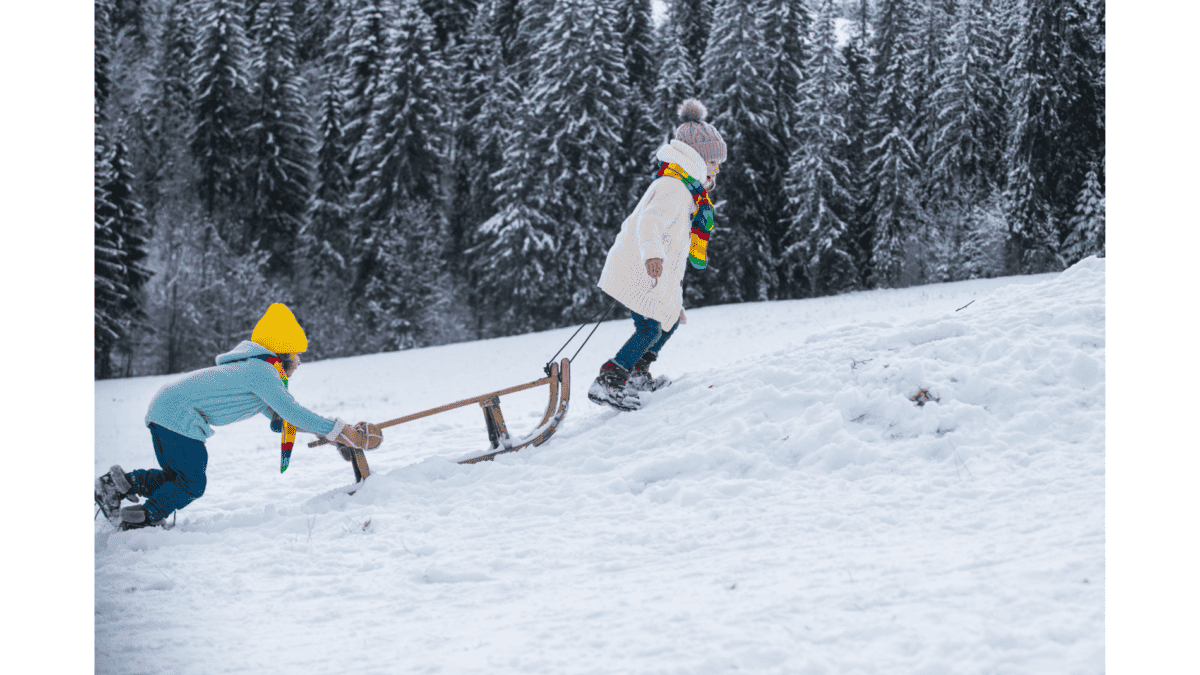
Winter Wonderland: Protecting Your Hearing Aids in Cold Weather
As winter blankets the world in a serene layer of snow, the crisp air and chilly temperatures bring a unique set of challenges, especially for those with hearing aids. Just as we bundle up to shield ourselves from the cold, it’s equally important to ensure our hearing aids are safeguarded during the winter months. Let’s explore practical tips on protecting your valuable hearing aids in cold weather, so you can fully enjoy the winter wonderland without compromising your hearing experience.
Understanding the Impact of Cold Weather on Hearing Aids
Cold weather poses specific challenges to electronic devices, and hearing aids are no exception. The following factors can affect the performance and longevity of your hearing aids in chilly conditions:
- Battery Drainage: Cold temperatures can cause batteries to deplete more rapidly than usual, affecting the overall battery life of your hearing aids.
- Moisture Concerns: In cold weather, the risk of condensation inside your hearing aids increases when moving between warm indoor environments and chilly outdoor settings. This moisture can damage the delicate components of your devices.
- Material Contraction: Extreme cold can cause the materials in hearing aids to contract, potentially impacting their fit and functionality.
Protecting Your Hearing Aids from The Elements
Now let’s delve into the practical steps you can take to mitigate these challenges and protect your hearing aids during the winter season.
Invest in Moisture-Resistant Hearing Aids
Consider upgrading to hearing aids with moisture-resistant features. These devices are designed to withstand exposure to damp conditions, reducing the risk of internal moisture buildup and potential damage.
Use a Hearing Aid Dehumidifier
Get a hearing aid dehumidifier to dry your hearing aids. This small electronic device can remove moisture from your hearing aids. Placing your devices in a dehumidifier overnight can help prevent condensation-related issues.
Keep Spare Batteries Warm
Carry spare batteries in a pocket or an inner layer of clothing to keep them warm. Cold batteries may not function well, leading to decreased battery life. By keeping them close to your body, you ensure they are at the right temperature when needed.
Utilize Hearing Aid Covers
Consider using hearing aid covers or sleeves specifically designed for winter weather. These accessories provide an extra layer of protection against the cold and help minimize the risk of moisture entering the devices.
Insulate Your Ears
Wear hats or earmuffs to insulate your ears and hearing aids from the cold. This not only provides physical protection but also helps maintain a more stable temperature for your devices.
Remove Hearing Aids Before Outdoor Activities
When engaging in outdoor activities like skiing or snowboarding, you may want to remove your hearing aids temporarily. Storing them in a protective case while participating in vigorous activities can prevent accidental damage.
Keep Hearing Aids Clean and Dry
Regularly clean your hearing aids to prevent any buildup of dirt and moisture. Use a soft, dry cloth to wipe away any external moisture and ensure that the battery compartment is free of any debris. You can leave the battery door open overnight to further dry out your devices.
Dry Hearing Aids Properly
If your hearing aids get wet, remove the batteries immediately and allow the devices to air dry. Avoid using heat sources such as hairdryers, as excessive heat can damage the internal components. If you have a hearing aid dryer, put your devices in the dryer to completely remove any moisture.
Store Hearing Aids in a Dry, Cool Place
When not in use, store your hearing aids in a cool, dry place. Avoid leaving them in direct sunlight or near heat sources, as extreme temperatures can impact the longevity and performance of the devices.
Schedule Regular Check-ups with Your Hearing Health Specialist
Regular check-ups are important, especially during the winter season. Your hearing health specialist can inspect your hearing aids for any signs of damage, ensure proper functioning, and provide maintenance tips.
Enjoying the Winter Soundscape
By taking proactive steps to protect your hearing aids in cold weather, you can continue to enjoy the beauty of winter’s soundscape without worrying about your devices. From moisture-resistant hearing aids to simple preventive measures, these tips will help you navigate the chilly months with confidence. Visit us for routine cleaning and hearing aid maintenance to make sure your devices are in great shape.
